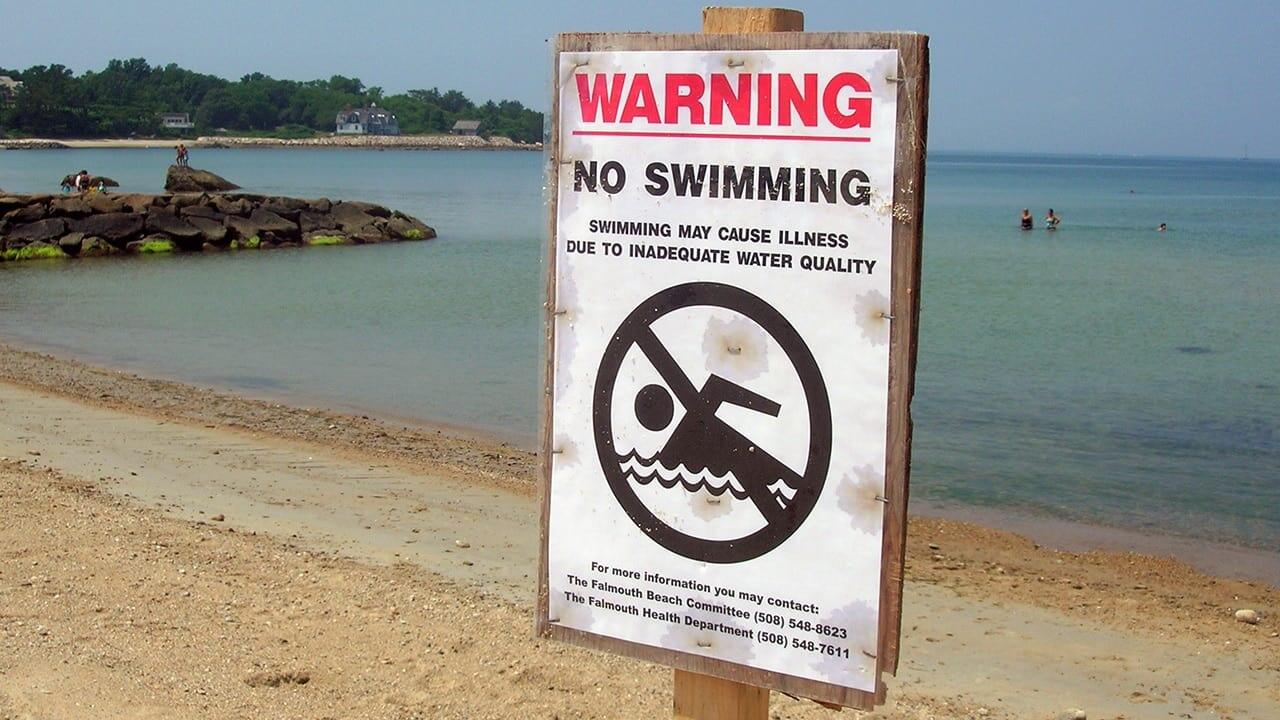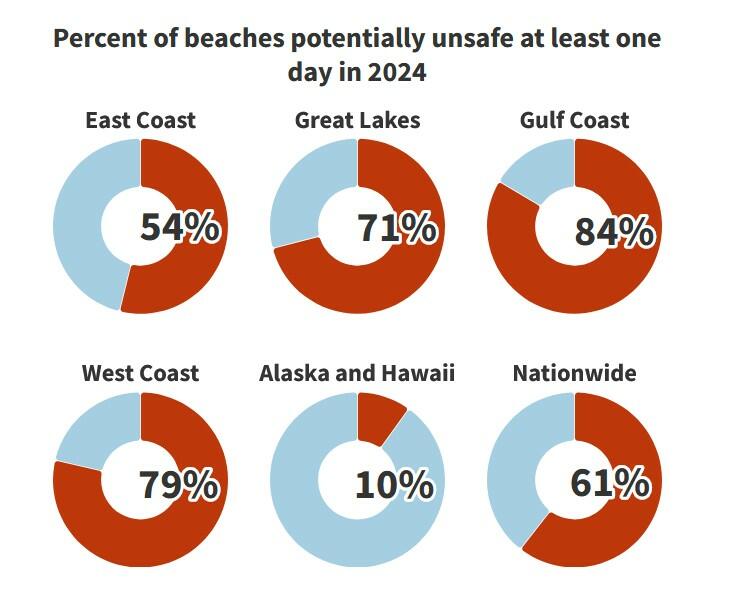This week, there are several examples of cases where the courts have been asked by plaintiffs to assume presidential powers, and except for one case still pending (the firing of Lisa Cook from the Federal Reserve Board), they did so.
Lisa Cook is a governor of the Federal Reserve Board. There is substantial documentary evidence that she lied on several mortgage applications. Even the left-wing Washington Post conceded this.
A public-records search by Reuters appears to confirm that on June 18, 2021, Cook obtained a mortgage from a Michigan credit union for a property in Washtenaw County, Michigan, which she said would be her primary residence. Two weeks later, she obtained a mortgage from a different credit union for a condo in Atlanta, which she also said would be her primary residence. Obviously, she could not live in two places at once.
Now sometimes people buy a house they plan to live in, then unexpectedly have to move -- a job loss, a transfer, a health crisis. That’s not fraud -- it’s life happening. But given that these two loans closed in such a short space of time… well, I’m finding it hard to tell a story where she thought she was going to be living in Michigan while applying for a mortgage on a property in Georgia, or vice versa.
I suppose it’s possible that the banks knew about the other properties and didn’t care. Or perhaps she (or her mortgage broker) accidentally checked the wrong box on one of the loan applications. But that would be a surprising mistake for a tenured professor of economics, much less a member of the Federal Reserve’s Board of Governors.
Ms. Cook has refused to depart her office and filed suit to prevent her removal. The District Court judge issued a temporary restraining order (TRO), which is in effect for no more than 14 days and is not appealable, to allow the parties to provide a fuller record of facts and evidence, after which the judge may issue a preliminary injunction, which is appealable, or decide to dissolve the TRO.
The history of the law regarding removal of Federal Reserve governors for “cause” is well set out here:
Congress did not rely on courts to guarantee Fed independence. It relied on institutional architecture and its own power. Fourteen-year staggered terms prevent capture by any single president. Replacements require Senate confirmation. The 12-member Federal Open Market Committee blends Washington-based governors with regional Reserve Bank presidents, so one vacancy cannot flip monetary policy overnight.
But putting the removal of Fed officials out of reach of the courts hardly makes the "for cause" provision toothless. If a president were to wage war against the Fed by removing officials for flimsy causes, the Senate would have the power to thwart an unwelcome takeover of the central bank by refusing to confirm his nominees. In theory, the Senate could demand that the president restore removed board members rather than accept new nominees. The system of checks-and-balances, in other words, ran through the Senate rather than the judicial branch.
You don't need legislative archaeology to reach this conclusion. Just read the words, as the textualists on the Supreme Court are likely to do. [snip] Congress chose the Fed's bare-bones "for cause" standard instead. If lawmakers had wanted court-supervised procedures -- "notice," "hearing," "record," "judicial review" – they knew the vocabulary and deliberately left it out.
The president is not an administrative agency subject to the Administrative Procedure Act. There is no built-in procedural scaffold to plug into. The undefined "for cause" standard is open-textured by design, supplying a duty of reason-giving rather than a blueprint for judicial trials. From a textualist perspective, there are no statutory grounds for the judiciary to create a procedure and police what counts as cause. The question of whether the president has met the burden of removing an official for "cause" is what the Supreme Court refers to as "nonjusticiable," meaning not a matter for the courts to decide.
Even if you’re unmoved by originalism or textualism, a commonsense, functional reading points the same way. “For cause” is an open-ended standard meant to preserve the state’s capacity to govern: the president must state a reason tethered to the office’s purposes -- financial integrity, competence, public trust -- but courts shouldn’t turn that into a criminal-style proceeding or a running audit of motives. The real safeguards are structural and political, not judicial. If abuse occurs, the sensible correction is ex post and modest (declaratory relief or back pay), not an injunction that puts the court in charge of who is serving on the Fed.
Why This History Matters in the Cook Fight
Viewed through the 1935 lens, today's dispute comes into sharp focus. The Fed really is different from other agencies: the President must state cause, and at-will firing is off the table. But "for cause" here means the flexible standard Congress adopted in 1935. [snip] In 1935, a Democratic Congress facing a hostile Supreme Court and a discredited Federal Reserve wrote a removal rule that constrained naked political firings without inviting judges to micromanage presidential personnel decisions. Lawmakers restored "for cause," required written reasons, and relied on structural safeguards to protect monetary independence.
That is the standard on the books today. Measured against the history, the text, and the institutional logic, the legal ground in the Lisa Cook dispute tilts toward presidential discretion, not judicial oversight of central bank staffing.
Temporary Protected Status for Venezuelans
President Trump ended the temporary protected status of 350,000 of the 600,000 people granted by Biden.
The Ninth Circuit upheld District Court judge Edward Chen and ruled that he could not do that. In relevant part, the Court held that the administration lacked the power to end this temporary status and that the plaintiffs would suffer irreparable injury if they lost it. Once again, they made their ruling applicable nationwide. The law is an ass if it means that a temporary status granted by one president becomes permanent so that his successor cannot end it. Indeed, just months ago, the Supreme Court said that pending a resolution of the matter, the Administration could strip the Venezuelans of their protected status, making them vulnerable to deportation. To a rational observer (which apparently excluded this Ninth Circuit panel) the Supreme Court has already signaled where this is going.
Tariffs
The U.S. Court of Appeals for the Federal Circuit, in a 7-4 ruling, upheld a decision by the Court of International Trade, which it had earlier stayed. That ruling held that the President lacked authority to issue tariffs by executive order. Yes, under Article I, Section 8 of the Constitution, Congress has the power to collect taxes, duties, imposts, and excises, but six times since 1930, Congress has legislatively delegated this power to the president, allowing him to impose tariffs:
- If imports threaten or impair national security;
- If they cause or threaten serious injury to a domestic industry;
- To respond to actions that violate trade agreements, discriminate against U.S. commerce or impose undue burdens on it;
- To address serious balance-of-payments issues;
- On countries engaged in discriminatory practices against U.S. exports; and
- Under the International Emergency Economic Powers Act of 1977, he can take actions to respond to unusual and extraordinary threats to national security, foreign policy or the economy during a declared emergency.
The delegation of such matters by Congress to the White House seems to me to be eminently practical -- a means to deal efficiently and expeditiously with changing circumstances and needs.
The Court of Appeals dealt with the last, the IEEPA, and said that the law doesn’t authorize the imposition of these tariffs. The challenge to the imposition of these tariffs is reminiscent of the same challenge President Richard Nixon faced respecting a predecessor law to IEEPA -- the Trading with the Enemy Act. Based on that act, Nixon imposed 10% duties on imports. The U.S. Customs Court held that the laws then in existence did not permit the tariffs. On appeal, however, the tariffs were upheld based on that act. President Trump has justified the imposition of the tariffs, saying the threat came from, inter alia, trade deficits, tariff barriers, domestic production shortfalls, and a lack of reciprocity in U.S. trading relationships. Indeed, government lawyers argued that the deficit itself, when it becomes extraordinary (as ours is right now), threatens the nation’s resources upon which U.S. national security is based. In any event, the Court of Appeals order has been held in abeyance to allow the Administration to seek relief in the Supreme Court. Four members of the Court of Appeals who dissented contended that IEEPA did permit the tariffs and the president had authority to order them.
I can’t imagine why any court would feel it is up to them, not the President, to decide whether our national debt constitutes an actual emergency. Does this mean that if we had a lunatic in the White House, he could play havoc with the tariff power? Actually, no. If Congress thinks it or a judicial panel is better suited for this task, it could pass new legislation stating which branch of the government is best suited to decide such things and revise the law to make that happen.
https://www.americanthinker.com/articles/2025/08/the_imperial_judiciary.html









